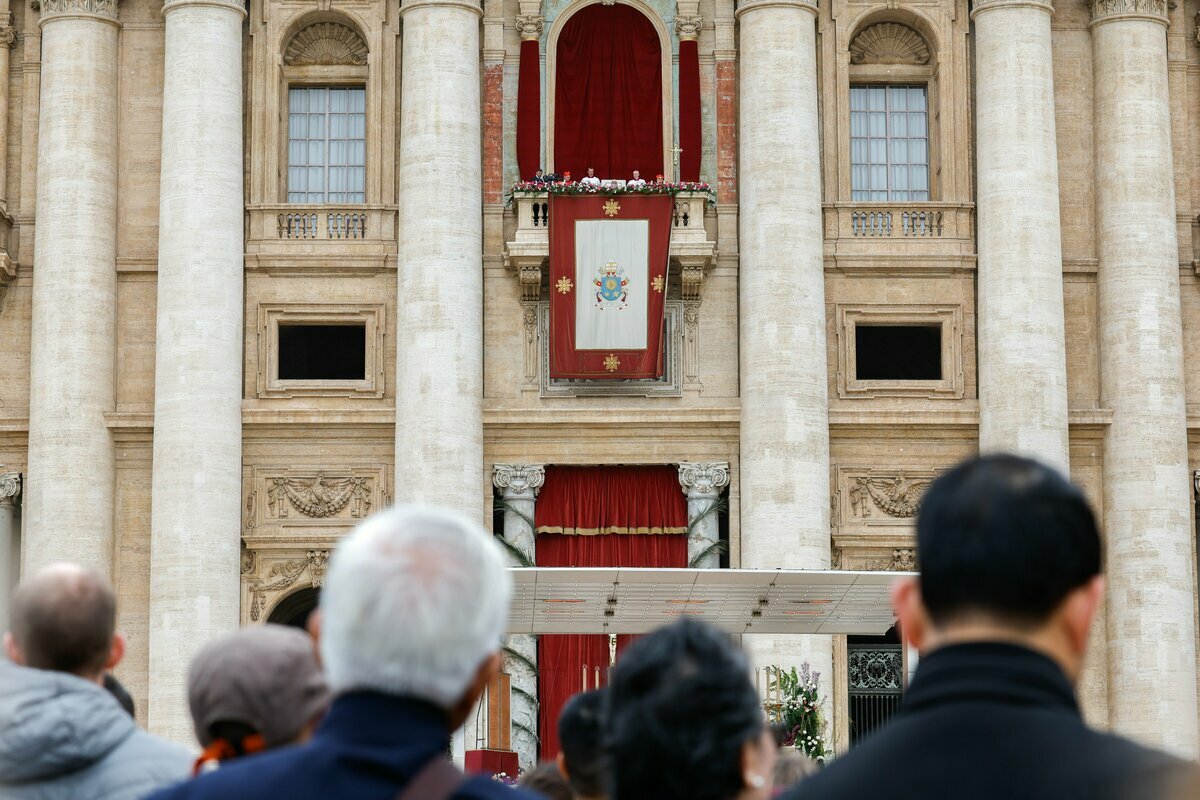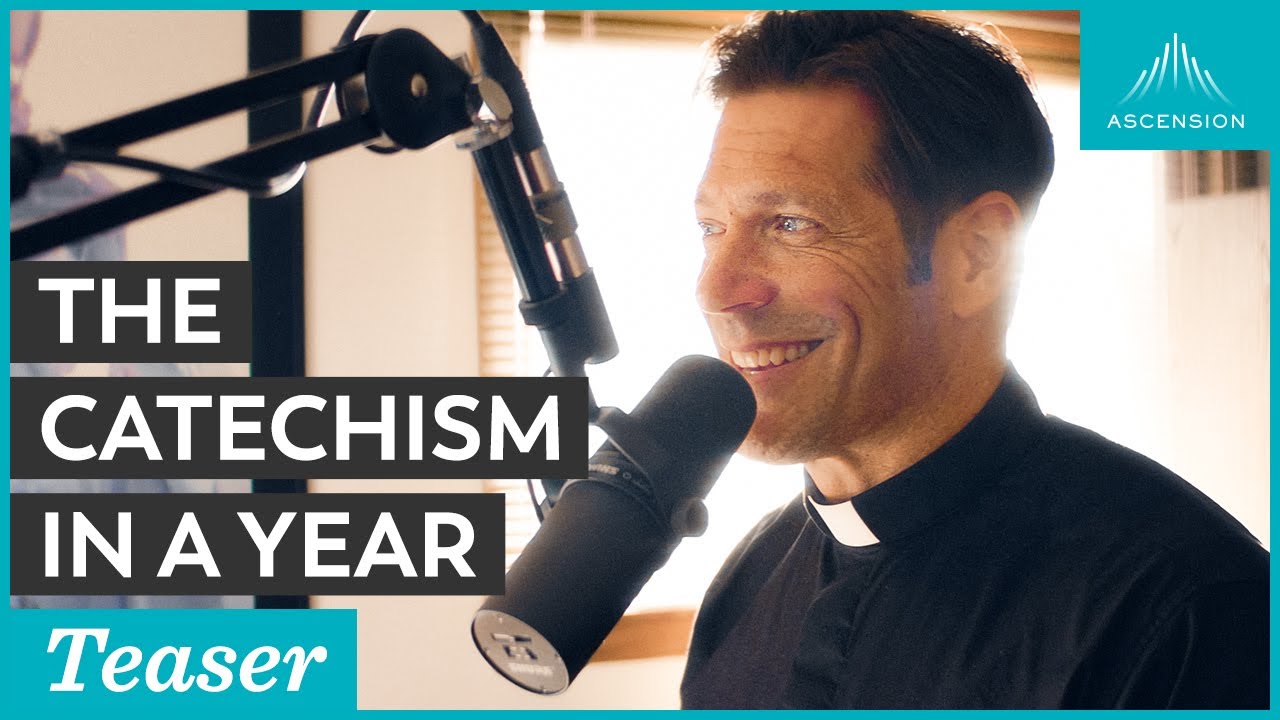
Catechism References
Catholic
Answers
TBD
Doctrinal
Homily
Outlines
TBD

Central idea: Christ is the vine and we are his branches
Doctrine: Conscience
Practical application: Formation of conscience
A conscience that is properly formed knows both the moral teachings of Christ and his Church and understands how to apply them to concrete, real-life situations. This is an ideal, but we can approach it through a number of means:
- Learning the principles of morality, especially with the help of the Magisterium of the Church.
- Experience in making moral decisions: we can learn from our mistakes and from the better and worse decisions we see others make.
- Sincerely examining one’s conscience daily.
- Receiving the sacraments regularly, especially Penance.
- Praying, because having a personal relationship with Christ is key to imitating him.
- Receiving spiritual direction: in this way you can get good advice from an objective viewpoint.
- Avoiding what is harmful to our relationship with God because deliberate sin blinds us.
Homiletic Directory
- CCC 2746-2751: Christ’s prayer at the Last Supper
- CCC 755, 736, 755, 787, 1108, 1988, 2074: Christ is the vine, we are the branches
- CCC 953, 1822-1829: charity
The paragraphs were chosen either because they cite or allude to the specific readings, or because they treat topics found in the readings.
Fr. Mike
Schmitz
TBD
IF FR. MIKE “TALKS TOO FAST,” ADJUST PLAYBACK SPEED TO 0.75. AFTER CLICKING ON GEAR ICON ON BOTTOM RIGHT OF THE VIDEO
Fr. Clement
Thibodeau
TBD








